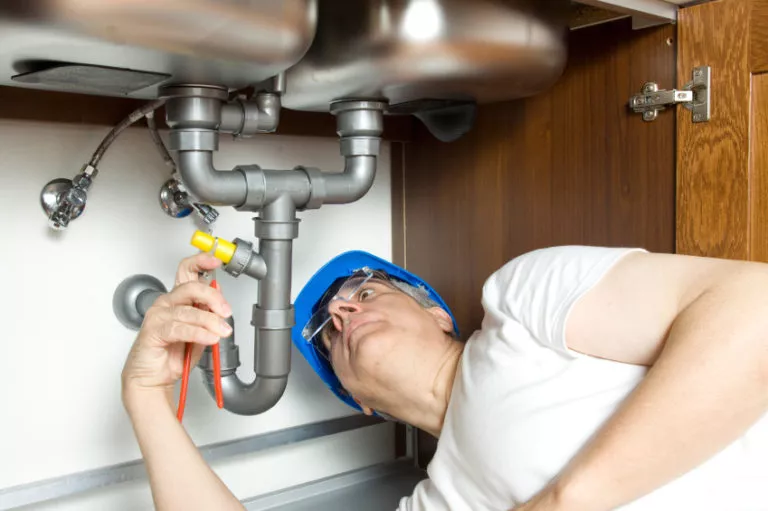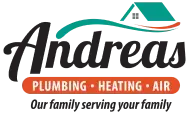
A new home can be a great investment, but it’s important to have it properly inspected before you make an offer, so you know what you’re getting yourself into. Problems with your home’s plumbing system can be costly, especially if they’re hidden behind finished walls or below a slab foundation. However, not all problems are a huge concern, and there may even be some easy DIY solutions.
Plumbing Problems Showed Up on Your New Home Inspection. Now What?
No matter how new your home is or how well it was taken care of, there will likely be a few plumbing problems. While things like slow drains and dripping faucets may be more of a nuisance than an immediate concern, more serious issues like leaks, defective piping, or a faulty water heater need immediate attention.
Here are some of the most common plumbing problems found during home inspections in the Carbon County area:
Galvanized Iron Water Pipes
Galvanized pipes were common in homes built before 1960, and though the pipes can last a long time, they’ll eventually corrode and leak. But long before they begin leaking, rust will build up on the inside of the pipe, limiting water flow and reducing your water pressure substantially.
Minor leaks in galvanized piping can be repaired, but whole-home repiping is the best option to avoid costly water damage. Repiping will provide better long-term protection against leaks and can improve water quality by eliminating the possible rust, lead, and limescale in galvanized pipes.
Polybutylene Pipes
Common in homes built from 1978 to about the mid-’90s, polybutylene is a gray plastic pipe that can become brittle and crack after years of exposure to chlorinated water. Even if your polybutylene piping looks like it’s in good condition, it’s a good idea to replace it.
Faulty Drain & Sewer Pipes
Black ABS sewer and drain piping are prone to defective or loose glue joints, joint failures, and cracked pipes. Cast iron sewer pipes are prone to corrosion and clogs due to rust and limescale accumulations. If you have frequent clogs or slow drains in your home, these pipes should be replaced.
Leaking or Faulty Pipes
If the inspector finds any leaking pipes or pipes with questionable repairs, like off-the-shelf patches, the pipes should be properly repaired or replaced to avoid future water damage.
Water Damage
Water damage is a common find in homes of any age, and it can lead to structural problems and mold growth if left alone. Any wood framing or beams should be replaced if they have water damage, and any porous materials like drywall or insulation should be replaced as well. Most non-porous surfaces can be cleaned and disinfected with a 10% bleach and water mixture.
Faulty Faucet and Fixtures
Leaking or damaged faucets, sinks, or bathtubs should be repaired or replaced to avoid water damage.
Although many smaller tasks like cleaning up after water damage, repairing a faucet, or replacing a sink may be possible to do yourself, most of these projects should be left to a professional plumber.
Repairing Your Plumbing Problems
Once you’ve purchased your home, it’s best to start with the largest, most important projects first, such as replacing galvanized pipes, faulty water heaters, or cast iron sewer pipes that can pose immediate problems. After that, faulty fixtures and faucets can be replaced, followed by correcting nuisance issues like slow drains, noisy toilets, or a faulty garbage disposal.
Plumbing Repairs & Replacements in Carbon County, PA
When you need an expert plumber to help with all the plumbing problems in your new home, turn to our experts at Andreas Plumbing, Heating & Air Conditioning. We offer plumbing repairs, replacements, and installations, as well as whole-home repiping, water heater services, water quality services, and more.
Our family-owned company serves Carbon County and most of Monroe, Lehigh, Schuylkill, and Northampton counties. We feature honest, upfront pricing, expert plumbers, 24/7 emergency services, and a full one-year warranty on all plumbing repairs.
Call [site_info_phone_number] today or contact us online for help solving all your most difficult plumbing problems in the Carbon County area.
